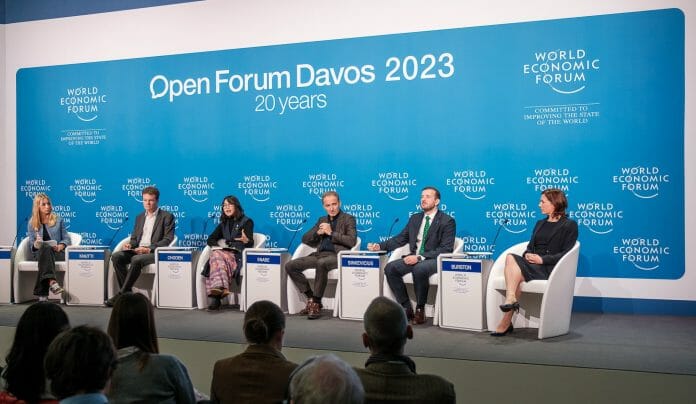Experts are evenly divided on the prospects for the global economy, with equal shares of 45% saying that a global recession this year is likely or unlikely.
The latest Chief Economists Outlook Report released by the World Economic Forum (WEF) revealed that chief economists expect both growth and inflation dynamics to vary widely across regions.
On the economic policy front, 72% of the chief economists predict proactive industrial policy to become an increasingly widespread phenomenon over the next three years.
“Although a majority do not see the recent financial sector disruption as a sign of systemic vulnerability, further bank failures and turbulence are considered likely this year.
“In the wake of recent bank collapses and financial market turbulence, chief economists expressed confidence in the systemic integrity of global markets,” WEF said in a statement.
However, two-thirds highlighted the likelihood of further bank failures and disruption, while more than 80% said they expect businesses to find bank loans more difficult to secure as a result of tightening lending criteria.
“They also pointed to the knock-on effects of high interest rates, notably in the property sector, where two-thirds expect high rates to cause significant disruption in 2023 and 2024,” it said.
The WEF said the most buoyant activity is expected in Asia, with China’s reopening expected to drive a significant rebound for the country and bolster activity across the continent.
More than 90% of the chief economists expect at least moderate growth in both East Asia and the Pacific, and South Asia, it said.
On inflation, WEF said there was a marked uptick in all regions in the proportion of respondents expecting high inflation in 2023 with 76% of chief economists expecting the cost of living to remain acute in many countries.
Headline rates have begun to ease, but core inflation has been “stickier” than many expected, the report said.
“The dynamics are particularly stark in Europe and the United States, where large majorities of the chief economists – 90% and 68%, respectively – expect high or very high inflation this year,” it added.
China remains an outlier on inflation, with only 14% expecting high inflation this year.
According to WEF managing director Saadia Zahidi, the latest edition of the Chief Economists Outlook highlights the uncertainty of current economic developments.
“Labour markets are proving resilient for now, but growth remains sluggish, global tensions are deepening, and the cost of living remains acute in many countries. “These results confirm the urgent need for both short-term global policy coordination as well as longer-term cooperation around a new framework for growth that will hardwire inclusion, sustainability and resilience into economic policy,” he said.









